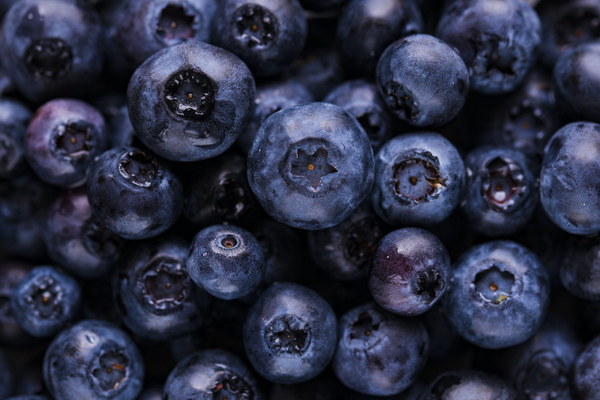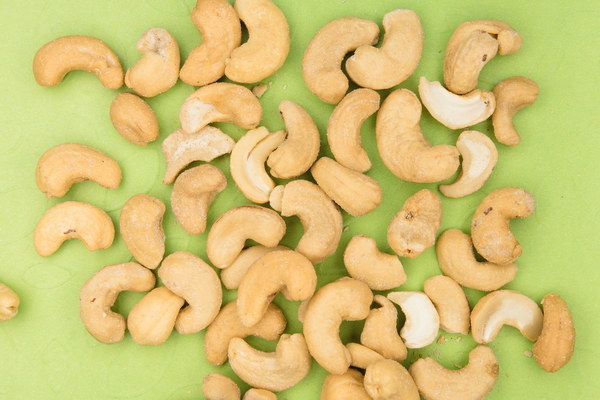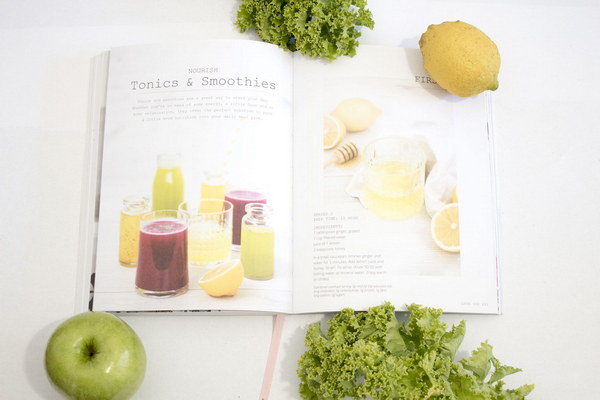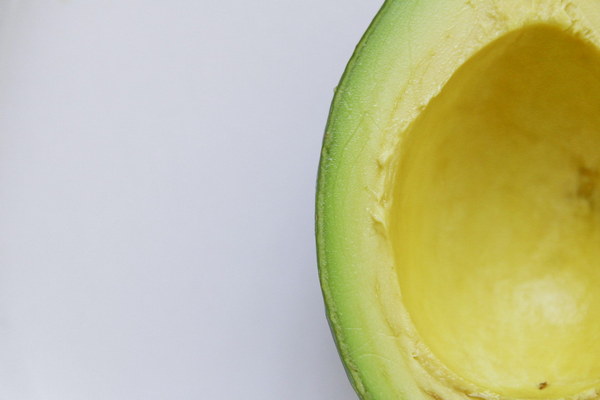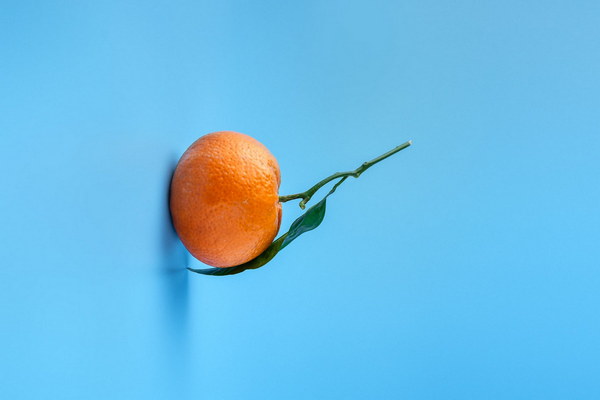Nourish Your Black Hair Essential Tips for Healthy Lustrous Locks
Introduction:
Black hair is a symbol of beauty, elegance, and strength. However, maintaining its natural luster and vitality can sometimes be a challenge. In this article, we will explore some essential tips for black hair care, focusing on hair nutrition, styling, and maintenance to help you achieve healthy, lustrous locks.
1. Choose the Right Hair Products:
Selecting the right hair products is crucial for maintaining the health of your black hair. Look for products specifically formulated for black hair, which often contain ingredients that cater to its unique needs.
a. Shampoos and Conditioners: Opt for sulfate-free shampoos that are gentle on the scalp and hair. Sulfates can strip the hair of its natural oils, leading to dryness and breakage. Conditioners with deep-moisturizing properties will help to keep your hair hydrated and soft.
b. Hair Oils: Natural oils, such as coconut, olive, or jojoba oil, can penetrate the hair shaft, providing deep nourishment and reducing frizz. Use a small amount of oil on damp hair to seal in moisture.
c. Hair Masks: Incorporate hair masks into your hair care routine once a week. These masks can help to restore moisture, repair damaged hair, and improve overall hair health.
2. Maintain a Balanced Diet:
Nutrition plays a significant role in the health of your hair. Ensure that your diet includes a variety of fruits, vegetables, whole grains, lean proteins, and healthy fats. Here are some nutrients essential for black hair:
a. Protein: Protein is the building block of hair, and a deficiency can lead to hair loss and breakage. Incorporate protein-rich foods such as fish, eggs, nuts, and legumes into your diet.
b. Iron: Iron is essential for hair growth and strength. Include iron-rich foods like lean red meat, poultry, fish, beans, lentils, and fortified cereals.
c. Vitamin E: Vitamin E is an antioxidant that helps to protect the scalp and hair from oxidative stress. Foods rich in vitamin E include almonds, sunflower seeds, avocados, and spinach.
3. Regular Trims:
Split ends can cause breakage and lead to hair loss. Schedule regular trims every 6-8 weeks to remove split ends and keep your hair healthy.
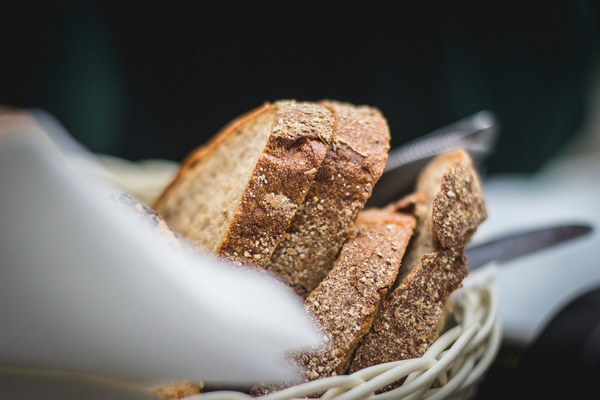
4. Protect Your Hair:
Exposure to harsh elements, such as sun, wind, and chemicals, can damage your hair. Use protective measures to shield your hair from these harmful factors:
a. Use a wide-tooth comb or detangling brush to gently remove knots and tangles, starting from the ends and working your way up to the roots.
b. Apply a leave-in conditioner or hair oil before going out in the sun or using heat styling tools.
c. Wear a hat or use a scarf when exposed to the sun for extended periods.
5. Avoid Over-Processing:
Chemical treatments, such as relaxers and dyes, can strip the hair of its natural oils and cause damage. If you must use chemical treatments, consult with a professional hairstylist and follow the recommended aftercare instructions.
Conclusion:
Caring for your black hair involves a combination of proper nutrition, gentle hair care, and protective measures. By incorporating these tips into your hair care routine, you can maintain healthy, lustrous locks that reflect your beauty and confidence. Remember that patience and consistency are key to achieving the best results.


